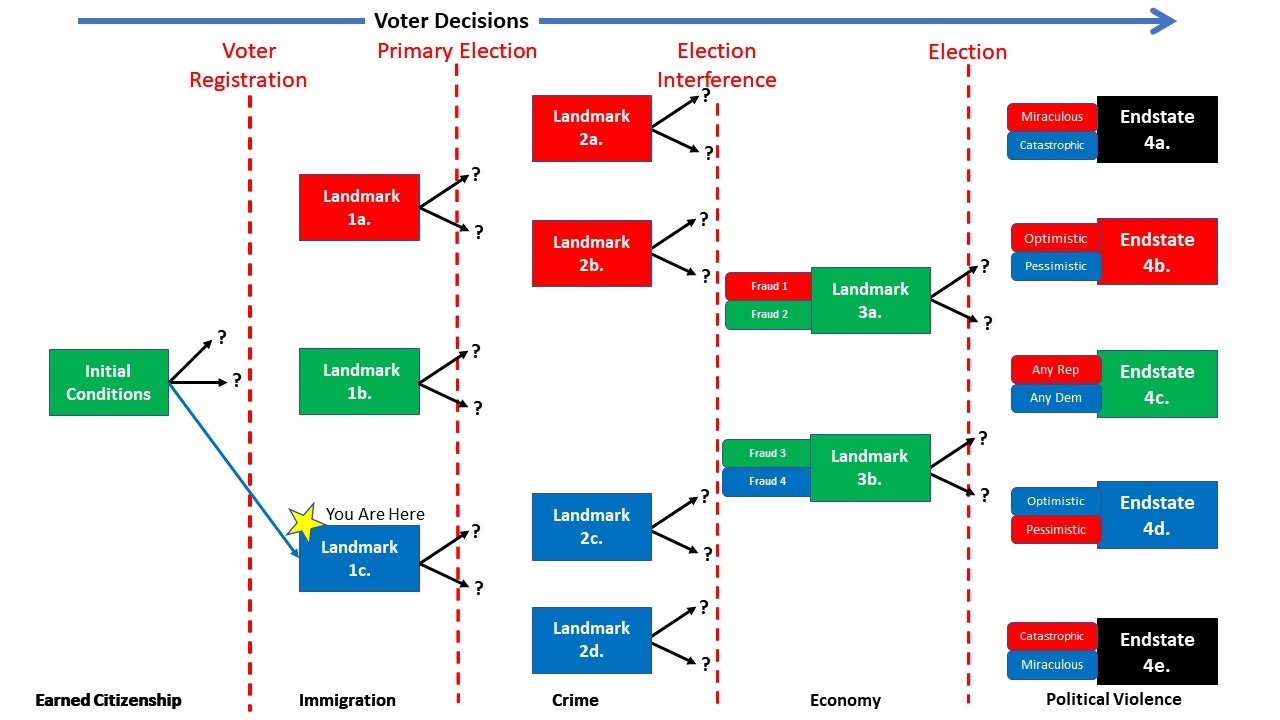Most communities surrounding the base of South Mountain were built around the 1950s, with alleys running behind the homes. So as the early morning sun began to heat the dry Arizona air, Juan had to push through the wooden gate to the alley to take out his trash.
From out of nowhere, a strange man lurched toward him.
“Hey!” Juan reeled back a step, wildly flailing his plastic garbage bag.
The stranger staggered back. He was younger than Juan, in his late 20s or maybe early 30s. It was hard to tell because he was so disheveled. Stained jeans, unkempt hair. He had a sparse tuft of beard and mustache and looked like he hadn't washed in weeks. His jacket seemed too heavy for the warmth of the dawning day. He’s been sleeping back here.
“Hey!” Juan repeated, this time in anger. “What are you doing out here?”
“Que tal, hombre?” To his horror, Juan realized there were several more men nearby. One of the younger ones had asked him “What’s up, man?” in a challenging tone. Juan could barely understand the man’s thick accent. They’re not Mexicans.
Juan now noticed the empty tequila bottles and the smell of stale urine. “Hey, you guys can’t stay here.”
“This is public property,” a grizzled old tramp replied from where he sat. "You can't make us leave."
Juan was outnumbered and knew he was in a potentially dangerous situation, “De dónde eres?” Juan wanted to know where these guys came from.
There was some hesitation before the young guy who challenged him replied, “Somos de El Salvador.” He stood defiantly, as if daring Juan to say something disparaging about their country of origin.
“Mm…” Juan acknowledged, looking the men over. This was me once, he thought. “You guys hungry?” he asked in English. Then, seeing the uncomprehending looks, “Tienen hambre?”
No one said anything. But Juan could tell from how they cast furtive looks to one another that this group probably hadn’t eaten in a while. He casually strode over to his garbage can and placed his bag of trash in it, being sure not to move in a way that provoked any aggressive response. Then, using a pigeon mix of English and Spanish, he explained to the men that there was an old school nearby, a welcome center for migrants. “They really helped me out when I first came here,” he said. “But you can’t stay here, you gotta go.”
The men didn’t exactly thank Juan, but they nodded respectfully and drifted off down the alley.
“You ok, Dad? What’s going on?” Juan’s son Carlos burst through the wooden gate. He was wearing sweatpants and flip flops, and a USMC T-shirt that looked one size too small, probably to show off his newly acquired muscular physique. "Mom said you were talking to somebody out here and might need my help."
“Ah, it’s nothing,” Juan tried to sound dismissive, but his heart was heavy, and a wave of sadness washed over him. “Just some hombres desafortunados.” Guys down on their luck.
Carlos surveyed the scene, “Were they sleeping out here?”
Juan didn't reply. The answer was obvious.
"We need to call the cops," Carlos said.
“Why?” Juan snapped. “Calling the cops won’t help anything.”
Carlos shook his head. “We need to call them, Dad. This isn’t right.”
“Somebody should help them,” Juan opened the gate and guided Carlos back into their yard.
Choose Option 1: Learn more about Migrant Welcome Centers
Choose Option 2: Continue Story




